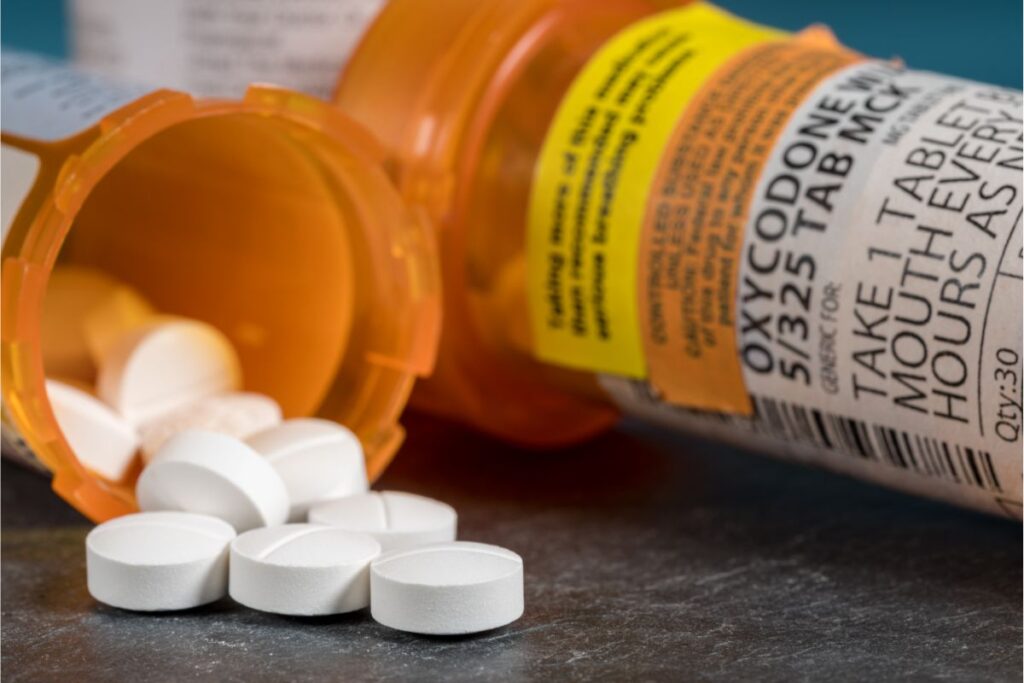Depression Treatment in Massachusetts
Medically Reviewed

Medically reviewed by Jack Maroney, MSHCA, LADC1
Written by Lake Ave Recovery Staff
Updated on June 11, 2024
Lake Avenue Recovery is a trusted and compassionate provider of depression treatment services in Massachusetts. Our expert team of professionals is dedicated to helping individuals regain control of their mental health and lead fulfilling lives. With personalized treatment plans and evidence-based therapies, we strive to support clients on their journey toward recovery. Lake Avenue Recovery offers hope, healing, and support in a safe and welcoming environment.
If you or a loved one are struggling with depression, we can help. Call us now at 508-794-4400 or verify your insurance now.
How Do Our Depression Treatment Centers in Massachusetts Work?
Our depression treatment centers in Massachusetts provide comprehensive and individualized care to address each client’s unique needs. Our approach to treating depression involves a combination of therapy, medication management, holistic therapies, and lifestyle interventions. Upon admission to our program, clients undergo a thorough assessment by our mental health professionals.
They then collaborate with the client to develop and create a personalized treatment plan. The plan could include individual and group therapy, complementary and holistic therapies, and medication management. Our goal is to empower clients and encourage them to develop effective coping strategies and skills they can continue to use long after their time at Lake Avenue Recovery.
Our Massachusetts Rehab Locations
Worcester, MA
Our Worcester, MA location provides evidence-based treatment modalities, our luxury facility strives to create the most peaceful atmosphere to help our patients recover in the best way.
Gardner, MA
We offer several levels of care at our program in Gardner, Massachusetts. Our outpatient treatment means each person travels to our facility for their treatment sessions and then returns to their homes.
How Do I Know I Need Depression Treatment?
Recognizing when it may be time to seek help at our depression treatment program can be challenging, as symptoms and experiences of depression can and do vary. However, several common signs that may suggest the need for professional help include:
- Persistent feelings of sadness or hopelessness
- Loss of interest in activities once enjoyed
- Changes in sleep patterns (insomnia or oversleeping)
- Significant changes in appetite or weight
- Fatigue, low energy, or constant lethargy
- Difficulty concentrating or making decisions
- Feelings of worthlessness or guilt
- Thoughts of self-harm, death, or suicide
A
Our Depression Treatment Programs
Lake Avenue Recovery offers different levels of depression treatment programs to meet the varying needs and schedules of our clients.
- Day Treatment: Our Day Treatment provides intensive day treatment for individuals who require structured support but do not need 24-hour care. Clients attend individual and group therapy sessions and participate in various activities during the day while returning home or to a supportive living environment in the evening.
- Intensive Outpatient Program (IOP): Our IOP offers a step-down level of care for those who have completed Day Treatment or do not require as much intensity in their treatment. This program typically includes fewer hours per week than our Day Treatment but still provides the necessary support through individual and group therapy sessions.
- Evening IOP: Our evening IOP is for those with daytime commitments. It allows individuals to receive comprehensive depression treatment after work or school. This program is designed to provide effective therapeutic interventions to promote healing and recovery from depression.
How Long Does Depression Treatment Last?
The duration of depression treatment can vary depending on individual needs, the severity of symptoms, and the specific treatment plan. Some factors that may influence the length of treatment include:
- The type and intensity of therapy (individual therapy, group therapy, medication management)
- Co-occurring dual diagnosis disorders
- Personal progress and response to treatment
- Availability of support systems outside of treatment
Generally, some individuals may experience relief from symptoms after a few weeks or a few months of consistent treatment. However, others may require longer-term care to achieve sustained mental health improvement.
How to Find the Best Depression Treatment in Massachusetts
When seeking the best depression treatment in Massachusetts, it is essential to consider several key factors to ensure quality care and positive outcomes:
- Accreditations: Look for treatment centers accredited by reputable organizations such as The Joint Commission. Accreditation indicates that the facility meets and often exceeds the highest standards of care.
- Licensing: Verify that the state of Massachusetts licenses the treatment center and its staff to provide mental health services. This ensures that they meet regulatory requirements and have undergone proper training.
- Reviews and Testimonials: Read reviews from former clients or their families about their experiences with the treatment center. Positive testimonials can give insight into the quality of care provided, while negative reviews may raise red flags.
A
Start Depression Treatment in Massachusetts Today
Regain control over your mental well-being by taking the first steps to healing and recovery at our depression treatment centers in Massachusetts. At Lake Avenue Recovery, we provide personalized, compassionate care and support to help you find the path to a brighter tomorrow. Contact us today to start the path to improved mental health.
Depression FAQs
Some interesting depression statistics from NIMH from 2021 include:
- The most common mental health disorder in the United States is major depression.
- There were 21 million adults who had at least one major depressive disorder.
- Major depression rates were 10.3 percent for women and 6.2 percent for men.
- 18.6 percent of 18 to 25-year-olds were the group with the highest prevalence of major depressive episodes.
- 20.1 percent (5 million) of 12 to 17-year-olds reported at least one major depressive episode.
- 29.2 percent of teen females and 11.5 percent of teen males had a major depressive episode.
Depression and addiction often co-occur and can be closely interconnected. Individuals with depression may turn to substances like drugs or alcohol as a way to self-medicate their symptoms, leading to substance use disorder and addiction. On the other hand, substance abuse can contribute to the onset of depressive symptoms due to chemical imbalances in the brain associated with addiction.
Depression treatment in Massachusetts can offer numerous benefits, including:
- A safe, secure, caring, and supportive environment with professional guidance to address underlying issues contributing to depression.
- Evidence-based and holistic therapies and interventions personalized to individual needs.
- Access to medication management for those who require pharmacological intervention.
- Peer support through group therapy to create a sense of community and understanding among individuals with similar experiences.
- Holistic approaches such as mindfulness, yoga, and art therapy that promote improved physical and mental health.
Learn more About our Treatment Options
Oxycodone vs Oxycontin: The Differences
When it comes to managing pain, doctors often prescribe powerful medications like...
Having Chest Pain After Drinking? Here’s Why
Experiencing chest pain after drinking alcohol can be alarming and worrisome. While...
Yoga for Addiction Recovery: How Does It Help?
Addiction recovery is a challenging journey that requires a comprehensive approach to...
How Long Does Delta 8 Stay in Your System?
Delta 8 THC, a cannabinoid found in the cannabis plant, has gained...
Is Addiction A Family Disease? – All You Need to Know
Addiction is a complex and multifaceted condition that affects not only the...
Is Valium Addictive? Signs and Symptoms of Valium Addiction
Is Valium addictive? A few decades ago, it was among the most...
Start Your Journey to Recovery Call Now.
We have a longstanding foundation in the treatment and recovery community
Lake Avenue Recovery is a state licensed and Joint Commission accredited organization committed to promoting, maintaining, and restoring the dignity, well-being and mental health for those with substance use disorders and their families serving Massachusetts and beyond.
- 132 Years Clinical Excellence
- 105 Years Recovery Experience
- 8:1 Ratio Client to Staff
- 12 Publications on Alcohol and Drug Use






